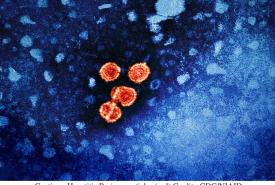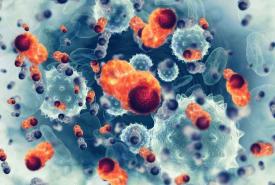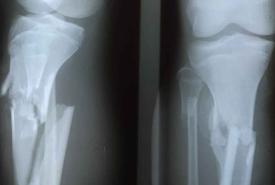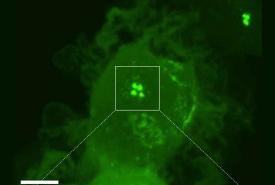The origin-of-life molecule, a key to cancer research
A study by researchers at the Biomedical Institute of Seville (IBIS) and the University of Seville, in collaboration with the Danish Cancer Society, revealed that inhibiting RNA synthesis after radiation therapy facilitates the death of tumour cells. The study has been published in the prestigious journal Nature Communications.


















